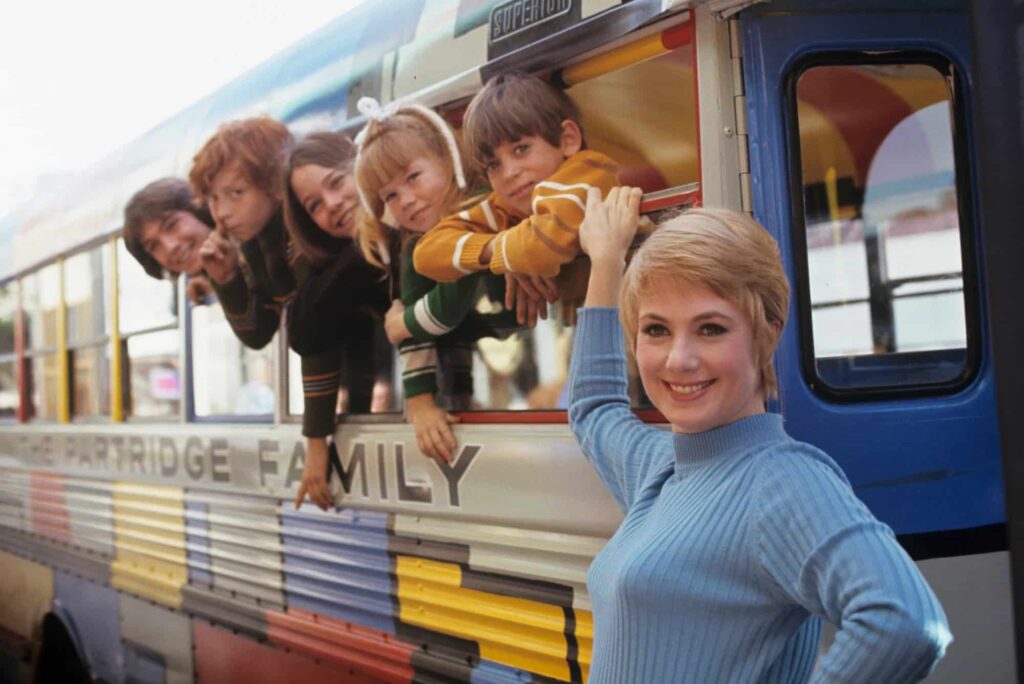
Echoes of a Simpler Time: When Teenage Longing Rode High on the Charts
A gentle plea for affection, wrapped in sunshine pop, defined a generation’s yearning for connection.
Ah, “Doesn’t Somebody Want to Be Wanted,” a title that resonates with the bittersweet ache of adolescence, a sentiment as timeless as the melody itself. Back in the shimmering days of 1971, when bell-bottoms flared and sunshine pop ruled the airwaves, this tune from The Partridge Family climbed to a respectable number six on the Billboard Hot 100. It nestled comfortably within the top ten, a testament to its infectious charm and the relatable angst it captured. Released as a single from their second album, also titled “Up to Date,” the song became an anthem for those navigating the choppy waters of teenage romance and the universal desire for acceptance.
The story behind this particular slice of pop perfection is as bright and wholesome as the series itself. Written by Tony Romeo, a prolific songwriter of the era, it perfectly encapsulated the essence of the television show, “The Partridge Family.” A show that, for many, epitomized the ideal American family, albeit one with a rock ‘n’ roll twist. The song’s production, overseen by Wes Farrell, was a masterclass in crafting catchy, radio-friendly hits. With its layered harmonies, bouncy piano, and that unmistakable early 70s sheen, it was a sonic confection designed to appeal to a broad audience, from tweens to their parents.
But beyond the catchy melody, “Doesn’t Somebody Want to Be Wanted” speaks to a deeper, more universal truth. It’s a song about vulnerability, about the quiet desperation that comes with feeling unseen and unloved. It’s a plea whispered in the hallways of high school, a question echoed in the quiet of a teenage bedroom. The lyrics, simple yet poignant, capture the yearning for connection that lies at the heart of human experience. When Shirley Jones, with her warm, maternal vocals, sang of wanting someone to “hold me tight” and “tell me everything’s alright,” she wasn’t just performing a pop song; she was voicing the unspoken desires of a generation.
And while the show and its music were often dismissed as lightweight fare, there was a genuine sincerity to The Partridge Family‘s appeal. They offered a safe, idealized version of family life, a comforting escape from the turbulent realities of the era. For many, “Doesn’t Somebody Want to Be Wanted” wasn’t just a hit song; it was a soundtrack to their own experiences, a musical companion to their own struggles with identity and belonging. The song, like many of the era’s pop hits, offered a moment of solace, a reminder that they weren’t alone in their feelings. It was a reminder that even in the midst of uncertainty, there was always the hope of finding someone who understood, someone who cared. Looking back, we see that the song was not just a pop hit, it was a cultural moment, a snapshot of a time when the world seemed a little simpler, and the longing for love was a universal language spoken in sweet, melodic tones. It remains a testament to the power of a well-crafted pop song to capture the essence of a generation’s heart.